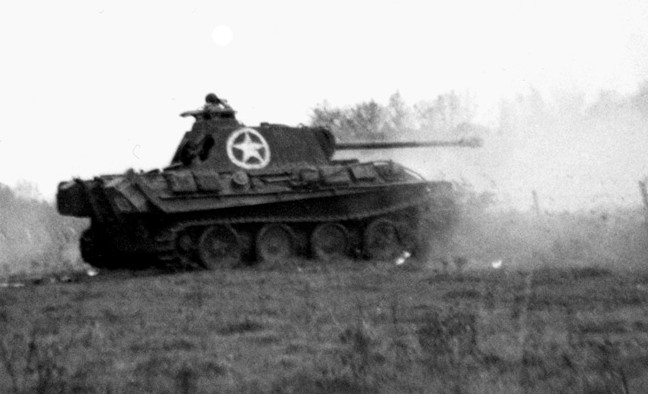Early German philosophy centred on Blitzkreig and didn’t see the need for a Total War footing, exemplified by the lack of winter clothing for the German army during the invasion of Soviet Russia, whereas the UK and other allies moved to a Total War footing pretty quickly. Speer was banging his head against a brick wall for too long, and when others in the Reich finally realised he was right, it was too late. It didn’t help that weapons production in Germany was all about quality whereas allied production was focussed on quantity.In one of his books Albert Speer wrote that the UK Defence of the Realm Regulations allowed the country to adapt itself to war needs far better than he was able to in Germany when he took over as production minster. Even so, Speer's organisational abilities may have prolonged the war by some months.
Here are some numbers to illustrate my point. In WW2 there were 8500 Panzer MkIVs produced compared to 50000 Shermans.
The T34 was not only one of the best tanks in WW2 but one of the easiest to build in great numbers (84000), whereas the King Tiger (arguably the best with 492 manufactured) was difficult to build, gas hungry and overcomplicated. Even the superb Panther could only manage 6000.


